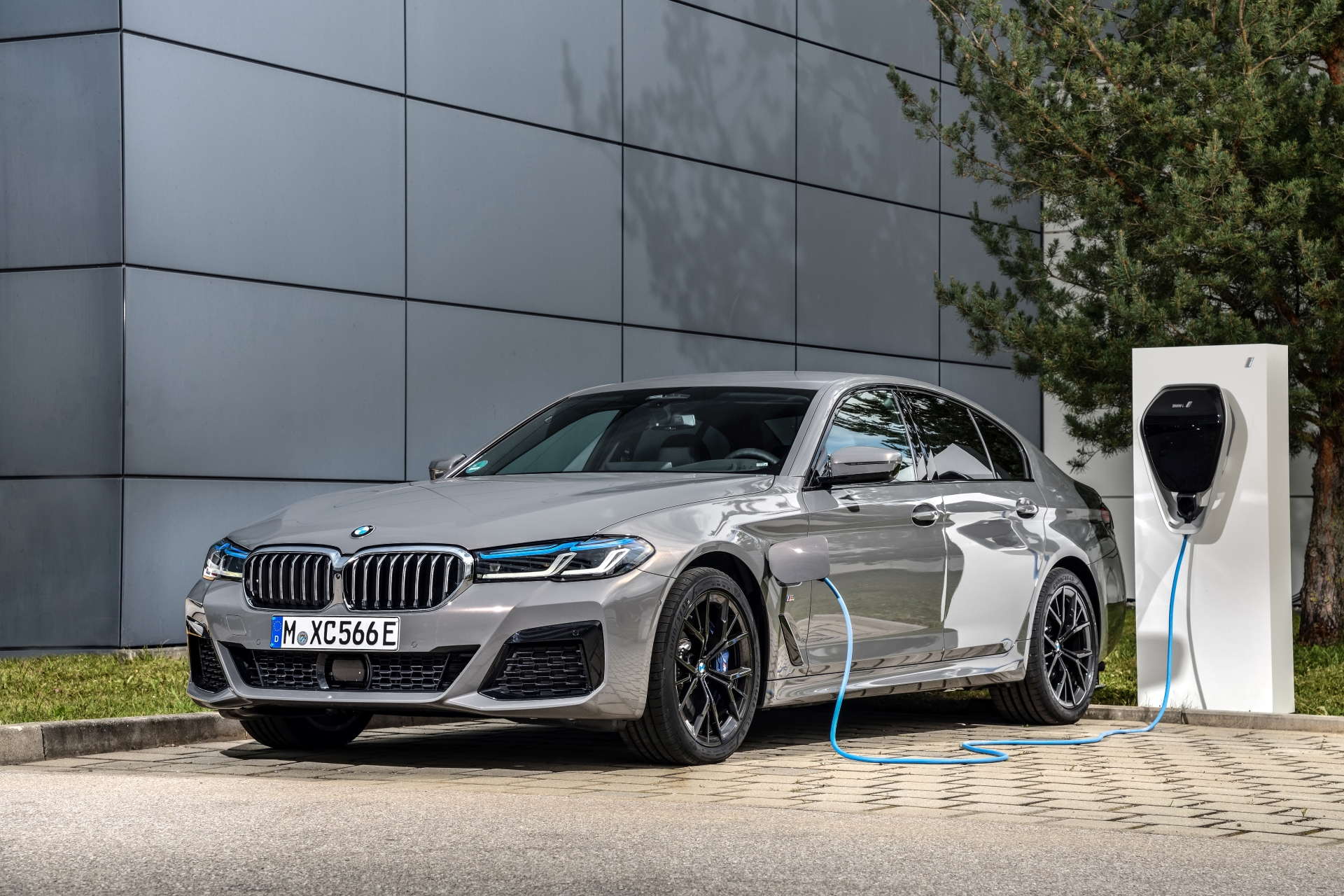AIM Uncovered
Exploring the latest insights and trends in technology and innovation.
Hybrid Cars: The Fuel-Sipping Future We Didn't See Coming
Discover the surprising rise of hybrid cars—why they're the eco-friendly future we never knew we needed!
Understanding Hybrid Cars: How They Work and Why They Matter
Understanding hybrid cars begins with grasping their basic mechanics. Hybrid vehicles combine an internal combustion engine (ICE) with one or more electric motors, allowing for enhanced fuel efficiency and reduced emissions. The integration of these two power sources means that cars can switch between using gasoline and electricity, or utilize both simultaneously. This design not only maximizes energy efficiency, but also provides drivers with the flexibility of utilizing electric power for short trips, while relying on gasoline for longer journeys.
Moreover, the significance of hybrid cars in today's automotive landscape cannot be overstated. As a response to increasing concerns about climate change, hybrid vehicles help reduce the carbon footprint associated with traditional gasoline-powered cars. In fact, studies have shown that hybrid cars can save up to 30% on fuel costs compared to conventional vehicles. By choosing a hybrid, consumers not only benefit from lower fuel expenses but also contribute to a more sustainable future for transportation. This is why understanding hybrid cars matters – it empowers consumers to make informed choices that align with both their economic and environmental goals.

The Environmental Impact of Hybrid Vehicles: A Comprehensive Overview
The environmental impact of hybrid vehicles is a critical topic as we seek sustainable alternatives to traditional gasoline-powered cars. Hybrid vehicles combine an internal combustion engine with an electric motor, significantly reducing fuel consumption and greenhouse gas emissions. According to the U.S. Department of Energy, hybrid cars can achieve up to 50% better fuel economy compared to their conventional counterparts. Additionally, they produce fewer emissions, contributing to improved air quality and a lower carbon footprint.
However, it is essential to consider the entire lifecycle of hybrid vehicles. The production process for the batteries used in these vehicles can have environmental implications, including resource extraction and waste production. The Natural Resources Defense Council points out that while hybrids are more efficient, their environmental benefit can be offset if the electricity used for charging is generated from fossil fuels. Thus, understanding the broader context and making informed choices about energy sources is crucial for maximizing the environmental benefits of hybrid vehicle technology.
Are Hybrid Cars Worth the Investment? Pros and Cons to Consider
When considering if hybrid cars are worth the investment, it's essential to weigh the pros and cons carefully. On the positive side, hybrid vehicles typically offer improved fuel efficiency compared to their traditional gasoline counterparts. According to the U.S. Department of Energy, many hybrids can achieve over 50 miles per gallon, resulting in long-term savings at the pump. Additionally, many regions provide incentives for hybrid car buyers, such as tax credits and rebates, making the initial investment less daunting.
However, there are notable cons that potential buyers must consider. The upfront cost of hybrid vehicles is often higher than that of standard cars due to their complex technology and battery systems. Furthermore, the batteries used in hybrids can be expensive to replace, as highlighted by Consumer Reports. It’s crucial for buyers to analyze their driving habits, environmental preferences, and budget to determine if a hybrid car is a practical choice for their needs.